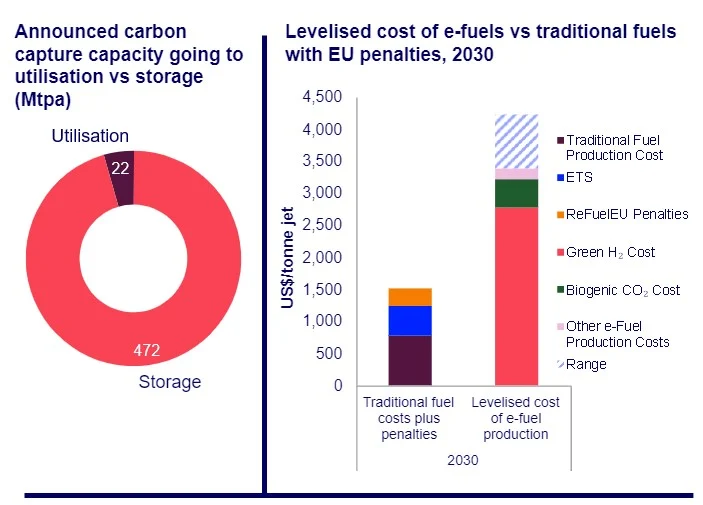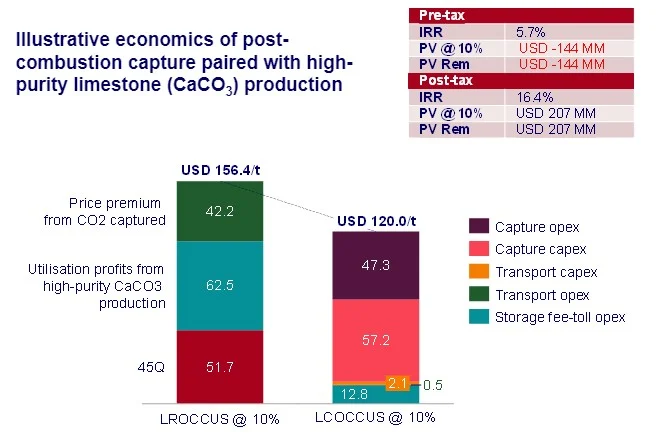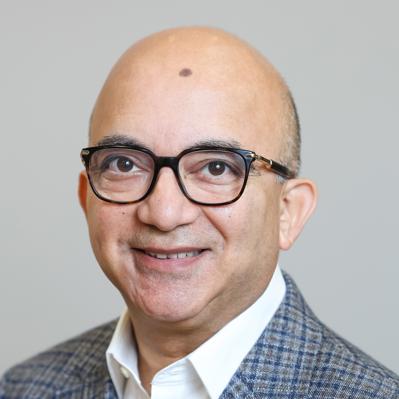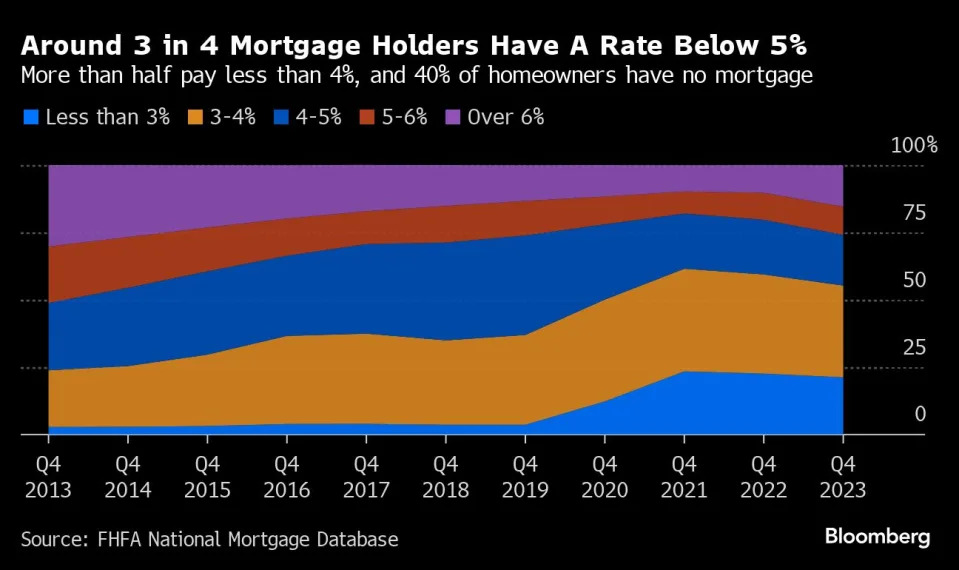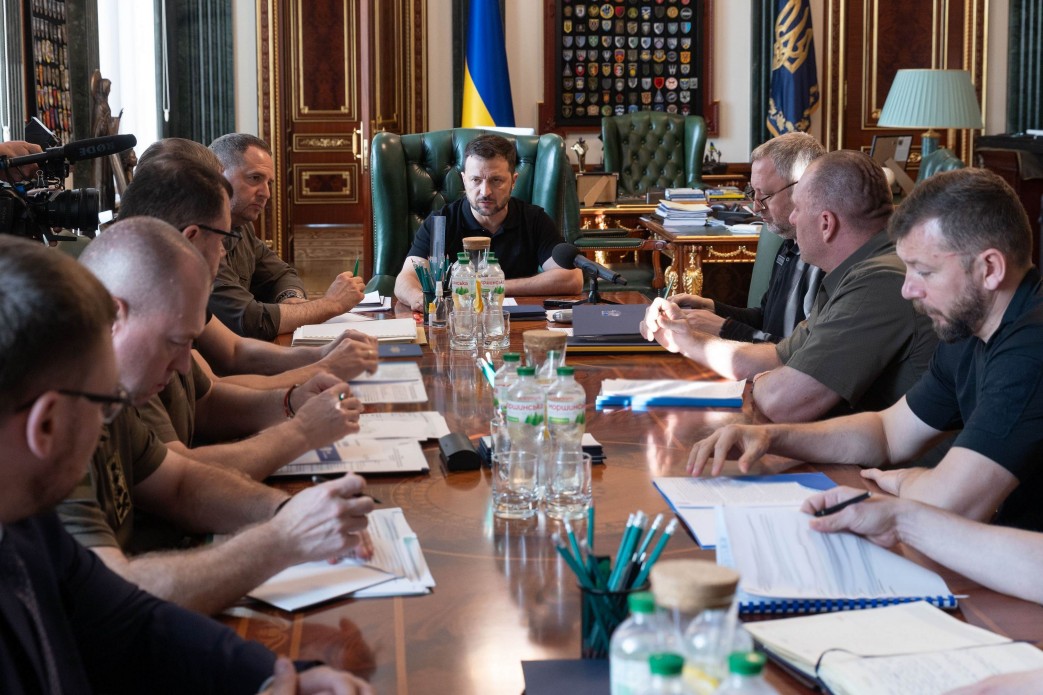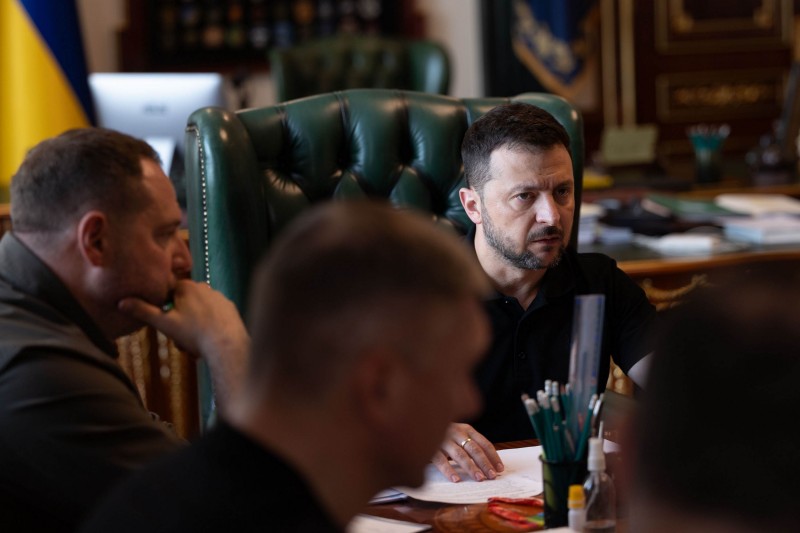The Insider
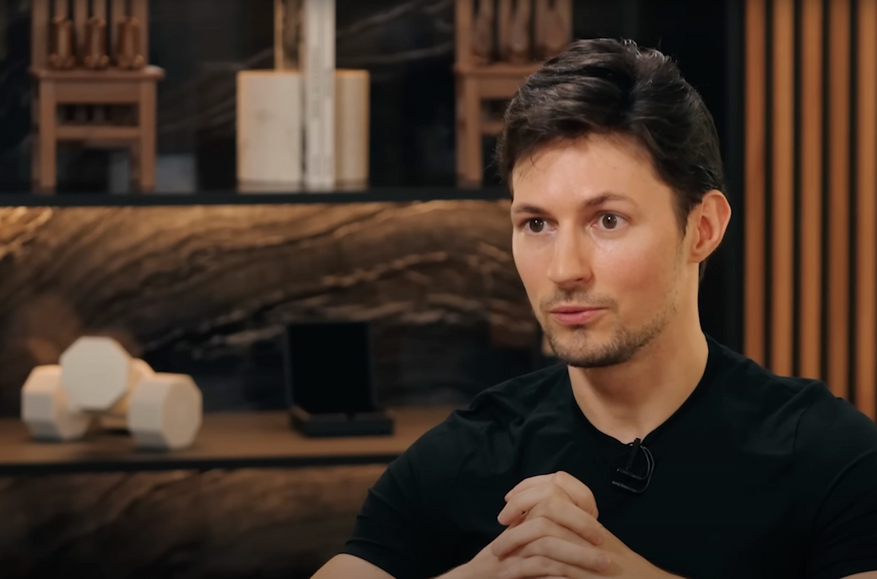
The investigation that led to the recent detention of Telegram founder and CEO Pavel Durov this past Saturday was originally opened on July 8, 2024 against an “unnamed person.” It involved suspicion on 12 counts, including refusal to cooperate with law enforcement, complicity in drug distribution, child pornography, cybercrime, and fraud, according to a statement from the French public prosecutor's office released earlier today.
“Pavel Durov, founder and director of the Telegram instant messaging platform, was arrested and placed in police custody at 8 p.m. on Saturday, August 24, 2024 at Le Bourget [airport]. This measure was taken as part of a judicial investigation opened on July 8, 2024, following a preliminary investigation initiated by the J3 section (JUNALCO — National Jurisdiction for Combating Organized Crime) of the Paris public prosecutor's office,” the statement read.
The charges against the “unnamed person” in the case include:Complicity in administering an online platform to facilitate illegal transactions within an organized group.
Refusal to provide information or documents necessary for lawful interceptions at the request of competent authorities.
Complicity in the possession of pornographic images of minors.
Complicity in distributing, offering, or providing pornographic images of minors within an organized group.
Complicity in the purchase, transportation, possession, offer, or sale of narcotic substances.
Complicity in offering, selling, or providing, without lawful justification, equipment, tools, programs, or data designed to gain unauthorized access to and impair the operation of automated data processing systems.
Complicity in organized group fraud.
Criminal conspiracy to commit a crime or offense punishable by five or more years of imprisonment.
Laundering proceeds from crimes or offenses committed by an organized group.
Providing cryptographic services for privacy without a certified statement.
Providing a cryptographic tool that does not exclusively offer authentication or integrity control without a prior declaration.
Importing a cryptographic tool that provides authentication or integrity control without a prior declaration.
Durov notably holds multiple passports. He is a citizen of France, the United Arab Emirates, and the Caribbean island nation of St. Kitts and Nevis. The independent Russian publication Agentstvo.Novosti, citing data from Russian government services portal Gosuslugi, reported on Sunday that Durov still holds a valid Russian passport.
In mid-April 2022 — several months after the start of Russia’s full-scale invasion of Ukraine — Durov asked Forbes not to call him a Russian billionaire, joining the likes of Revolut co-founder Nikolay Storonsky, tech investor Yuri Milner, and Yandex co-founder Arkady Volozh. “Pavel left Russia many years ago with no intention to return,” his spokesperson told the publication.
Vladimir Putin’s spokesman Dmitry Peskov earlier today told reporters that the Kremlin “does not know what exactly Durov is accused of,” which meant “it would be wrong to make any statements,” as per a report by the Russian news agency Interfax.
“We haven't heard any official statements to that effect yet. And before saying anything, we need to wait for the situation to be clarified: what exactly they are trying to charge Durov [with],” Peskov said.
He added that Vladimir Putin did not meet with Durov during his recent visit to Azerbaijan. Earlier, the Telegram channel Baza, which is reportedly affiliated with the Russian authorities, quoted a source as saying that the Russian president refused to meet with the Telegram founder while in Baku.
In a statement published on X on August 26, French President Emmanuel Macron took the position that Durov's detention was not politically motivated:
“The arrest of the president of Telegram on French soil took place as part of an ongoing judicial investigation. It is in no way a political decision. It is up to the judges to rule on the matter.”
Macron’s tweet also stressed that “France is deeply committed to freedom of expression and communication, to innovation, and to the spirit of entrepreneurship. It will remain so.”
However, Macron did not specify the exact nature of French law enforcement's concerns regarding the Telegram founder. Durov was detained at the Le Bourget airport outside Paris shortly after landing on a private jet late on Saturday. The arrest reportedly came in connection to the lack of moderation on Telegram and the platform's refusal to cooperate with French security services.
Pavel Durov, alongside his brother Nikolai, launched Telegram in August 2013, with Nikolai responsible for developing the technology behind the cloud-based messaging platform. Telegram, headquartered in Dubai, now boasts over 950 million active users worldwide, according to the company. Forbes estimates Pavel Durov's net worth at $15 billion.
The platform remains among the few avenues available to Russian citizens looking to bypass government censorship amid an increasingly stringent crackdown on the country’s information space.
Telegram is also extensively used by the Russian military for its internal communications, and the arrest of its founder led to a flurry of angered reactions among pro-war bloggers, including Alexander Sladkov.
“Pavel Durov was arrested. This attack on the owner of [Telegram], on which half of the communications in the [war] are held, was expected. Now we urgently need to create a Russian military messenger,” Sladkov wrote.
The Russian Telegram channel Rybar, founded by Mikhail Zvinchuk, a former employee of Russia's Defense Ministry, similarly noted that Telegram “has now become almost the main means of controlling units in the [special military operation] zone.”
“It will be very sad and funny at the same time if it is Pavel Durov's arrest that will be the catalyst for changes in the approaches to communication and control means in the Russian Armed Forces. And not the purely military problems that have piled up over the past two years, which for some reason [the Russian Defense Ministry] preferred to turn a blind eye to.”
Cover image: A screenshot from Durov’s April 2024 interview with former Fox News anchor Tucker Carlson. Source: YouTube / Tucker Carlson
French police have arrested the founder of Telegram. What happens next could change the course of big tech
Aug 27, 2024
Sydney, When Pavel Durov arrived in France on his private jet last Saturday, he was greeted by police who promptly arrested him. As the founder of the direct messaging platform Telegram, he was accused of facilitating the widespread crimes committed on it.
The following day, a French judge extended Durov’s initial period of detention, allowing police to detain him for up to 96 hours.
Telegram has rejected the allegations against Durov. In a statement, the company said:
It is absurd to claim that a platform or its owner are responsible for abuse of that platform.
The case may have far-reaching international implications, not just for Telegram but for other global technology giants as well.
Who is Pavel Durov?
Born in Russia in 1984, Pavel Durov also has French citizenship. This might explain why he felt free to travel despite his app’s role in the Russia-Ukraine War and its widespread use by extremist groups and criminals more generally.
Durov started an earlier social media site, VKontakte, in 2006, which remains very popular in Russia. However, a dispute with how the new owners of the site were operating it led to him leaving the company in 2014.
It was shortly before this that Durov created Telegram. This platform provides both the means for communication and exchange as well as the protection of encryption that makes crimes harder to track and tackle than ever before. But that same protection also enables people to resist authoritarian governments that seek to prevent dissent or protest.
Durov also has connections with famed tech figures Elon Musk and Mark Zuckerberg, and enjoys broad support in the vocally libertarian tech community. But his platform is no stranger to legal challenges – even in his birth country.
An odd target
Pavel Durov is in some ways an odd target for French authorities.
Meta’s WhatsApp messenger app is also encrypted and boasts three times as many users, while X’s provocations for hate speech and other problematic content are unrepentantly public and increasingly widespread.
There is also no suggestion that Durov himself was engaged with making any illegal content. Instead, he is accused of indirectly facilitating illegal content by maintaining the app in the first place.
However, Durov’s unique background might go some way to suggest why he was taken in.
Unlike other major tech players, he lacks US citizenship. He hails from a country with a chequered past of internet activity – and a diminished diplomatic standing globally thanks to its war against Ukraine.
His app is large enough to be a global presence. But simultaneously it is not large enough to have the limitless legal resources of major players such as Meta.
Combined, these factors make him a more accessible target to test the enforcement of expanding regulatory frameworks.
A question of moderation
Durov’s arrest marks another act in the often confusing and contradictory negotiation of how much responsibility platforms shoulder for the content on their sites.
These platforms, which include direct messaging platforms such as Telegram and WhatsApp but also broader services such as those offered by Meta’s Facebook and Musk’s X, operate across the globe.
As such, they contend with a wide variety of legal environments.
This means any restriction put on a platform ultimately affects its services everywhere in the world – complicating and frequently preventing regulation.
On one side, there is a push to either hold the platforms responsible for illegal content or to provide details on the users that post it.
In Russia, Telegram itself was under pressure to provide names of protesters organising through its app to protest the war against Ukraine.
Conversely, freedom of speech advocates have fought against users being banned from platforms. Meanwhile political commentators cry foul of being “censored” for their political views.
These contradictions make regulation difficult to craft, while the platforms’ global nature make enforcement a daunting challenge. This challenge tends to play in platforms’ favour, as they can exercise a relatively strong sense of platform sovereignty in how they decide to operate and develop.
But these complications can obscure the ways platforms can operate directly as deliberate influencers of public opinion and even publishers of their own content.
To take one example, both Google and Facebook took advantage of their central place in the information economy to advertise politically orientated content to resist the development and implementation of Australia’s News Media Bargaining Code.
The platforms’ construction also directly influences what content can appear and what content is recommended – and hate speech can mark an opportunity for clicks and screen time.
Now, pressure is increasing to hold platforms responsible for how they moderate their users and content. In Europe, recent regulation such as the Media Freedom Act aims to prevent platforms from arbitrarily deleting or banning news producers and their content, while the Digital Services Act requires that these platforms provide mechanisms for removing illegal material.
Australia has its own Online Safety Act to prevent harms through platforms, though the recent case involving X reveals that its capacity may be quite limited. Future implications
Durov is currently only being detained, and it remains to be seen what, if anything, will happen to him in coming days.
But if he is charged and successfully prosecuted, it could lay the groundwork for France to take wider actions against not only tech platforms, but also their owners. It could also embolden nations around the world – in the West and beyond – to undertake their own investigations.
In turn, it may also make tech platforms think far more seriously about the criminal content they host. AMS
The crazy life and times of Pavel Durov, Russia’s Elon Musk
Is the arrested Telegram CEO a free speech martyr or a shadowy criminal?

Pavel Durov likes to frame himself as the patron of the individual citizen against government snooping. | Michelle Rohn for POLITICO
The first glimpse many Russians caught of the current Telegram CEO — now languishing in Paris police custody — was in May 2012 when a small fleet of paper airplanes made out of cash descended on St. Petersburg’s Nevsky Prospekt, the city's main thoroughfare.
His face half hidden by a black cap, cameras captured a young Durov hanging out by an upstairs window, clearly enjoying himself as an agitated crowd scrabbled for more 5,000 ruble notes which the young tech prodigy was raining down from above.
At the time, Durov was the head of VKontakte, Russia’s equivalent of Facebook, which had skyrocketed to success aided by the near-total absence of online regulation.
A self-professed libertarian, Durov likes to frame himself as the patron of the individual citizen against government snooping. Authorities in France, however, are now probing him for his defense of a far less noble group of people, including pedophiles, drug dealers and gangsters.
Free speech martyr or shadowy criminal? Durov's reality is much more complex.
Durov's revenge
Authority and Durov have never been best friends.
As a student, Durov hacked his school’s computer network so it would show a photo of his least favorite teacher with the text "must die" as a screen saver.
Now in his late thirties, he still combines the nerdy reclusiveness of Facebook boss Mark Zuckerberg — taking after his brother Nikolai, who was a child math prodigy and is rumored to be the real brain behind the Durovs’ success — with the contrarian eccentricity and narcissism of Elon Musk.
Not long after the money-throwing episode, VKontakte began experiencing serious trouble. In the wake of large anti-Kremlin protests, Russia’s security service, the FSB, demanded greater control over the social media platform.
Under pressure, Durov sold his shares in the company and fled Russia in 2014, announcing his departure with a picture of dolphins and a line from The Hitchhiker's Guide to the Galaxy: “So long, and thanks for all the fish.”

For the Kremlin it was a case of good riddance. VKontakte was rebranded VK and co-opted, with the children of Russian President Vladimir Putin's acolytes appointed to key positions.
But like the heroes in his favorite films, Durov soon got his revenge. From Dubai, he doubled down on Telegram, an encrypted messaging service whose significance and success far outgrew that of his first company.
Who uses Telegram?
Today, Telegram is among the most popular messenger apps in Russia and in other post-Soviet countries, as well as in India and in a handful of autocracies such as Iran.
For people living in countries where they risk jail for an injudicious word or opinion, the app promises a safe means of communication.
What sets it apart from rival messengers, however, is that Telegram is also a media platform in its own right. Think: WhatsApp, Facebook and X, all in one.
That hybrid quality has made it a core platform for more uses than just texting, and more users than just government critics.
After Russia invaded Ukraine in 2022, Telegram became a primary mode of communication on both sides of the front lines. A new group of military bloggers, some with more than a million followers, have also made it their preferred platform.
Seeming to hold no grudge against Durov, top Russian Kremlin figures and propagandists also have channels on Telegram.
But Telegram, along with YouTube, has provided a refuge on the other side of the political divide for media outlets that were blocked by Russian authorities under wartime censorship laws.
“It’s become a replacement for independent media which have been squeezed out of the public space,” Lev Gershenzon, the Russian founder of news aggregator The True Story, told POLITICO. Gershenzon previously served as head of news at Russia's Yandex search engine, but resigned in protest of censorship at the company.

But in Europe, where citizens face fewer dangers from their democratically elected governments, Telegram’s function is “an altogether different story,” Gershenzon said.
Here it is used mostly by groups on the margins of society, such as anti-vaxxers, or by those with a vested interest in secure communications. More ominously, it has also become a mirror dark web for terrorists and those dealing in drugs, weapons and child pornography.
“In Russia, Telegram is a safe haven [from] the government’s fight against civil society,” Russian opposition politician Maxim Katz said in a livestream Monday. “In Europe, Telegram is a safe haven for criminals.”
Telegram pushed back strongly against any suggestion of wrongdoing in an online statement Sunday, saying it abides by all EU laws and that its founder “has nothing to hide.”
Meanwhile, Durov himself has remained elusive. He’s notoriously hard to reach for media, and reportedly also for governments; nor is much known about his personal life or the way his company is run. He is a citizen of the United Arab Emirates and, for reasons that remain murky, France.
When he has emerged from the shadows, it has usually been to cause a splash — to show off his six pack, to example, or to announce in a fit of TMI that he has fathered 100 children.
Is Telegram really safe?
In the months leading up to his arrest, Durov had been more visible. In a rare interview, with conservative media personality Tucker Carlson, he claimed he’d been pressured by the intelligence services of various countries to give them backdoor access to Telegram — singling the U.S. out for special mention — but that had always refused.
Many independent Russian internet experts, however, point to a number of cases when channels linked to the opposition were restricted for no clear reason. While Telegram also complied with European sanctions against propaganda network RT, Gershenzon said it seemed to suggest Durov was more open to negotiating with governments than he would have his followers believe.
In 2020, for example, Telegram’s Vice President Ilya Perekopsky met with Russian Prime Minister Dmitry Mishustin аt a tech panel in the Russian city of Kazan.
Before being arrested in Paris this weekend, Durov was in Azerbaijan where, according to speculation, he tried to secure a meeting with Putin, who happened to be visiting at the same time. (The Kremlin’s spokesperson said Monday that the two did not meet.)
Regardless of the nature of his ties to Russia, Durov’s arrest is a coup for the Kremlin’s propaganda machine.

Initial reactions from Moscow suggest it will frame Durov’s arrest as an example of Western hypocrisy on free speech. At the same time, propagandists are also likely to argue Moscow was right to clamp down on Durov, first with VKontakte and more recently in 2018 when it tried unsuccessfully to block Telegram.
They're unlikely to mention, however, that in Russia, such moves have been motivated primarily by a desire to silence the voices of political critics, rather than those of criminals. That trend has recently spread to curbing YouTube, nudging Russia in the direction of a Chinese-style firewall.
Durov’s legal team will likely argue that he can't be held responsible for the actions of a few rotten apples, unsavory though they may be, or prioritize targeting them over the interests of some billion other users.
"Our right to privacy is more important than the fear of terrorism," Durov said in 2016, defending Apple’s right to resist FBI access to the encrypted iPhone of a man involved in a mass shooting.
Regardless of the facts, the detained Durov has two elements playing in his favor. The first is that his case is taking place in France, where it is still possible to get a fair trial, unlike in Russia (where the acquittal rate is 0.03 percent). The second is that his case will play out partly in the informational sphere and in the court of public opinion.
Judging by his past, that's an arena for which Durov, the showman, has been preparing his entire adult life.



